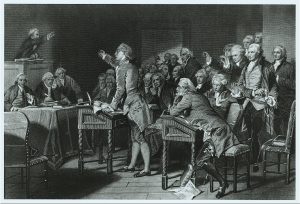
A bill currently pending before the Virginia General Assembly would drastically increase the cost of public infrastructure projects by increasing condemning authorities’ liability for lost access and lost profits. The ominously numbered Senate Bill 666 accomplishes this by changing the definitions of those terms in the eminent domain statutes in a way that would greatly increase the situations in which a landowner could recover for both.
Both lost profits and lost access were added to the constitutional guarantee of just compensation by the 2013 amendment to Article I, § 11 of the Virginia Constitution. The amendment did not define the two terms, leaving that job to the General Assembly. The current definitions of the terms limit recovery in important ways. For instance, the definition of lost access limits recovery to those situations where there is a material impairment of direct access. It also includes language that the Supreme Court of Virginia has interpreted to mean that cases about access decided before the passage of the statute remain valid. Finally, the operative statute prohibits recovery for lost access where the injury is shared with the general public. This covers claims for things like damages arising from the addition of a median to a road that makes it necessary for the public traveling in a certain direction to make a U-turn to access the property.
Similarly, the definition of lost profits specifies that it applies only to lost business profits. The definition and operative statute further limit recovery to those situations where the business making the claim is either the owner of the land taken or a tenant entitled to possession of such land. The calculation of such damages is largely backward looking—profits are calculated by looking to the average net income for federal income tax purposes for the three years prior to the taking. The owner must prove the amount of such profits lost because of the taking and may only recover profits lost for a period of three years. Finally, the owner may not recover for lost profits if compensation for such loss would be duplicated in the compensation otherwise afforded the owner.
The proposed bill would eliminate many of these limitations. Instead of requiring a showing of a material impairment of access to recover for lost access, the new bill would allow recovery for any change of access from a public use project that diminishes the value of the property. The bill would further eliminate the language the Virginia Supreme Court relied on to find that its prior case law in this area was still valid. It also eliminates language that would prevent recovery for an injury or benefit that the owner experiences in common with the general community. Taken together, these provisions could allow property owners to recover damages for such things as the elimination of one driveway on a property that has multiple entrances or the construction of a median that prevents direct left turns into a property.
As for lost profits, the bill would allow a business or farm operation to recover lost profits or expected profits. This changes the inquiry from a purely historical examination of past profits at the location into a partly forward-looking inquiry into potential future profits. While the potential for recovery for purely speculative future profits is somewhat tempered by the requirement that profits be proved with reasonable certainty, the new definition would still broaden the potential recovery for lost profits in most cases. In addition, the bill would eliminate the requirement that the owner of the business operation claiming lost profits also be the owner of the land or a tenant entitled to possession of substantially all of the property taken, thus broadening the potential for lost profits claims to include, for example, every tenant in a shopping center in cases where a partial taking affects land that is associated with that center (such as a common parking area). The bill would also eliminate the statutory limitation on the recovery of lost profits to a three-year period, which would again broaden liability by permitting recovery beyond that period if such lost profits could be proved with reasonable certainty.
The bill has been referred to the Committee on the Judiciary, but it has not yet been docketed for a hearing. The committee meets on Mondays and Wednesdays. Unless the committee allows the bill to die without a hearing, it should be heard either Wednesday, February 2nd or at one of the meetings scheduled for the week of February 7. The text of the bill can be found here. The committee’s dockets are posted here.
Matt Hull is a Pender & Coward attorney focusing his practice on eminent domain/right of way, local government, and waterfront law matters.


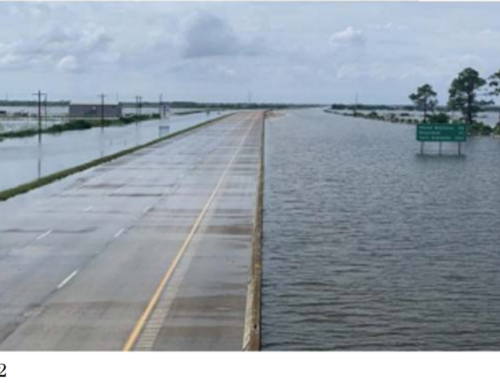
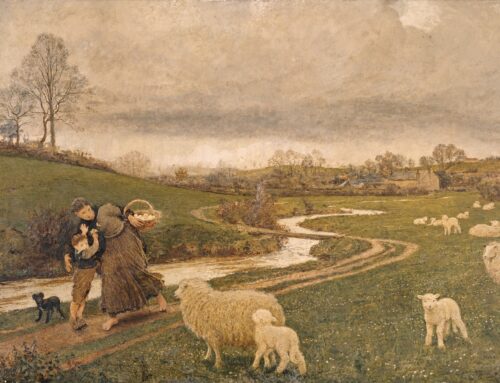
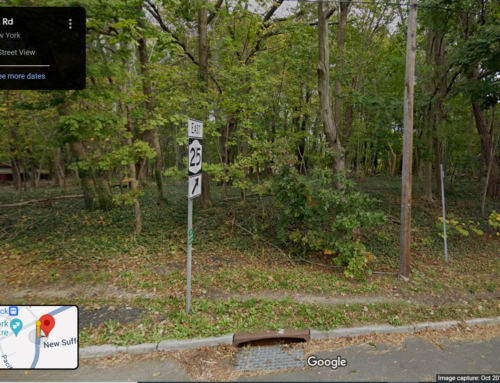
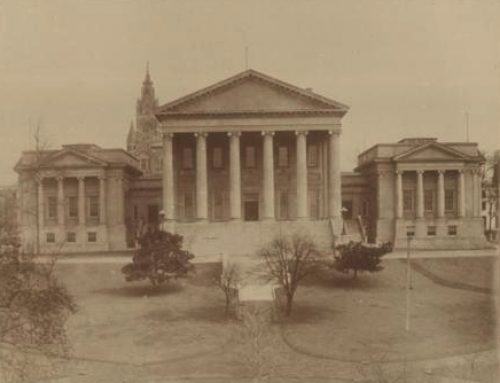
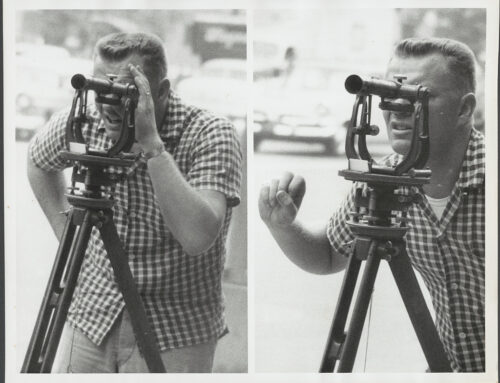
Leave A Comment